6 Symptoms of Breast Cancer You Should Watch Out for
Breast cancer can affect individuals of all ages, and early detection is how you can treat it. Recognising breast cancer symptoms is important for identifying the disease in its early stages. This blog will tell you everything you need to know about breast cancer and its symptoms. From noticeable changes in the breast to more subtle signs that might be easily overlooked, understanding these symptoms can help you detect and prevent breast cancer. Read more and learn about the six breast cancer symptoms to watch out for.
What are the Causes of Breast Cancer in Women?
Breast cancer is composed of abnormal cells that proliferate uncontrollably. As a result, there is an increase in these cells in unexpected locations. Cancer is metastatic once it reaches the other parts of the body. Lobular carcinoma and ductal carcinoma are the two most common forms of breast cancer, and they both originate in the glands that produce milk. Depending on where it starts, it might spread to surrounding lymph nodes or even other organs in your body. Skin or the chest wall may be invaded by cancer as it starts spreading from the breast tissue.
Breast cancer can strike anybody, regardless of gender identity or expression. It can also occur in a transgender woman undergoing hormone therapy to raise her female hormones and decrease her male ones.
What Causes Breast Cancer?
- Breast cancer does not have a definite cause, although some lifestyle factors, such as obesity, smoking, and excessive drinking, can increase the risk.
- Consumption of alcohol has been linked to a 30% to 50% greater chance of developing breast cancer.
- A person's age is a risk factor for cell damage and cancer development. Women over the age of 50 account for almost four of every five new breast cancer cases.
- Obesity is linked to a 20–40% higher incidence of postmenopausal breast cancer in obese women.
- Those with dense breast tissue that can only be seen on an X-ray or mammography may be at greater risk for breast cancer than women who do not.
- You are more likely to have breast cancer if you begin smoking.
- Those who have had radiation treatment in the chest area, for instance, for childhood tumours, may have a five-fold greater chance of developing breast cancer than women who have not.
- First-degree relatives with tumours or cancer are significantly more likely than those without one to have the disease themselves.
What are some of the Risk Factors when it comes to Breast Cancer?
According to research, breast cancer is caused by a mix of causes. Two major risk factors are a woman’s reproductive history and growing older. Women over the age of 50 are more likely than younger women to be diagnosed with breast cancer.
Some women get breast cancer despite having no other known risk factors. If you're a risk factor, it doesn't imply that you will acquire the illness. Breast cancer does not strike most women, even though they have several risk factors. Consult a physician if you have a family history of breast cancer and want to learn more about cancer screening.
There are several risk factors to consider for breast cancer. While some factors, such as age and genetic history, cannot be changed, others are related to environmental exposures and lifestyle choices. Factors such as smoking, excessive alcohol consumption, and poor diet can add to your risk. Additionally, your risk of developing breast cancer may change with age or as you adopt different lifestyle habits.
Things you Should Know About Breast Cancer
When it comes to cancer among women, it's the most prevalent kind to be found in women. In terms of the capacity to spread (metastasize), there are a variety of breast cancers. Medical specialists have discovered various risk factors for breast cancer, but the exact reason is still unclear. Breast cancers come in a wide variety of forms. Mammography, ultrasound, and a biopsy are all methods used to determine whether someone has breast cancer during a physical checkup. You may need surgery, radiotherapy, or chemotherapy if you have breast cancer.
Causes and Symptoms of Breast Cancer in Teen
Breast cancer may strike young women of any age, especially if they come from a family with a history of the illness or have a genetic predisposition. Obesity, a diet heavy in red meat, and a large breast size are all variables that raise the danger of breast cancer. Birth control pills have been shown to marginally raise the incidence of breast cancer in adolescent females in certain studies. Read morewhat are the signs and symptoms of breast cancer in women.
Teen females may sometimes detect a little lump in the breast, which is usually benign and is often generated by natural hormonal changes in the teen's body. Most of the time, these benign nodules will fade away independently. There are, however, several indications that should be reported to a doctor:
- Aside from the usual menstrual cramp pain, the breast tissue is inflamed.
- Breast tissue dimpling or puckering occurs.
- Changes in the symmetry, form, and size of the breasts without any apparent cause.
- Breast itching or scaling.
- The lump is excruciating.
- The chest wall is permanently attached to the lump.
- The lump is a difficult task to do.
- Swelling, redness, or heat in the breasts.
- An armpit or collarbone may be affected by a lump.
- There is a wide variety in the size of a lump.
In What Case Is There an Increased Risk of Breast Cancer?
Breast cancer risk may be increased in women with a history of the disease running in their families. These individuals may benefit from genetic counselling. After identifying these inherited disorders, individual screening and preventative treatment options might be discussed.
Early identification and prompt treatment may dramatically improve the odds of a woman being diagnosed with breast cancer. Most women who are diagnosed early are usually able to receive effective treatment and lead everyday lives.
Treatment Options for Breast Cancer
Treatment options for cancer vary according to the kind and stage of the disease and the patient's age and overall health. Your doctor should have expertise in treating the sort of cancer you have. Your oncologist will collaborate with you and your family members to develop a treatment plan. You will be given a detailed treatment plan, including the treatments you'll get and how long they'll last.
Many teenagers and young adults have the option of participating in a clinical study. In a clinical trial, a novel therapy is tested for safety, efficacy, and whether or not it is superior to current therapies. Clinical studies for cancer patients in their teens and early twenties are underrepresented. Clinical trials enroll just approximately 2 out of every 100 cancer-stricken young individuals. More studies need to be done on the best cancer therapies for patients in this age range. If you're interested in trying a new medicine, clinical trials are an option. There are no clinical trials you may participate in while being treated for cancer; therefore, make an appointment with your doctor or nurse practitioner before starting therapy.
Tips for Breast Cancer Prevention
Breast cancer may be prevented by adopting a healthy lifestyle, such as:
- Being able to maintain an average weight.
- Keeping a regular fitness routine.
- Limiting one's intake of alcoholic beverages.
- Reducing the amount of estrogen you're exposed to by:
- Keeping the use of hormone treatment to a minimum.
- If at all possible, breastfeeding your children.
Medications may be prescribed if you are at greater risk, so ask your doctor or nurse if this is something you should consider doing! Some women with a very high risk of developing breast cancer may elect to have a mastectomy. Regular mammograms should also be obtained. It makes detection of breast cancer in its earliest stages possible.
Choosing Medical Professionals for Your Treatments
Finding a team of doctors and nurses who can support and guide you with breast cancer is essential. No matter how much you want to continue with your primary care physician, you must seek at least two opinions from other doctors who specialise in treating your specific form of cancer. Surgical oncologists, medical oncologists, and radiation oncologists are all doctors specialising in cancer. You should make sure your physicians know the NCCN treatment recommendations and the selected therapy that depends on the stage of illness and prognostic aspects of the tumour. You may benefit from the assistance of a caseworker or care manager.
Conclusion
Breast cancer, when not treated appropriately can turn out to be deadly. It does not only run in families; you can also acquire it. 75 per cent of women who are diagnosed with breast cancer don’t inherit it genetically. But the good news is that you can take steps to lessen your risk. Ascertain whether any family members have this condition or have a genetic for the disease, inform your healthcare provider of this, and get tested for the same. Also, don't forget to be screened every year. The sooner breast cancer is discovered, the better it can be treated, and the survivability rate will increase. Breast cancer might be deadly, but with proper steps and early detection, you can treat it and continue to live a normal life.









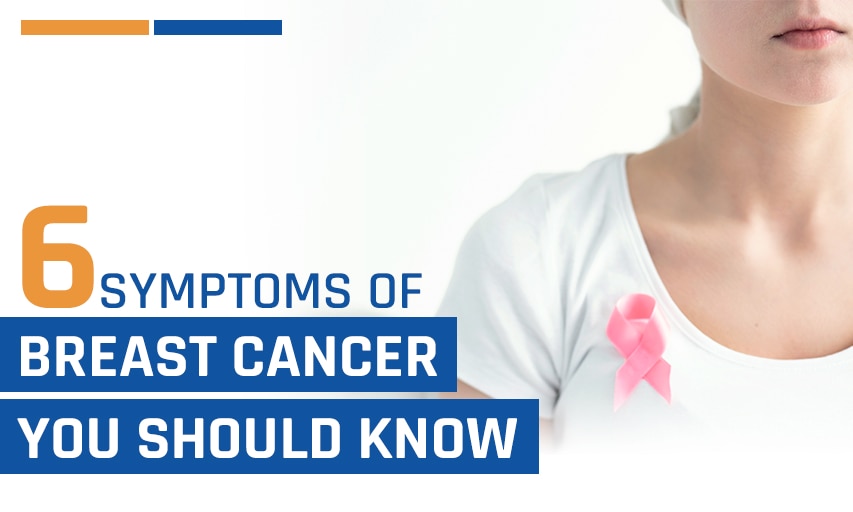


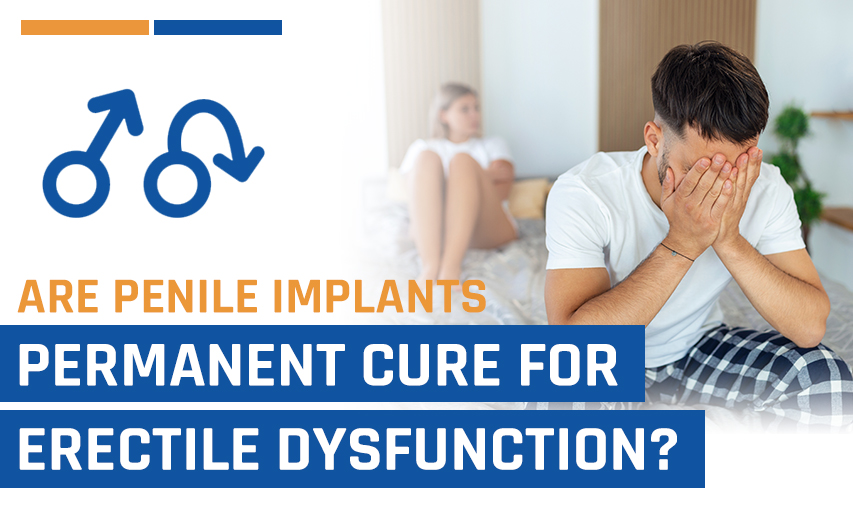
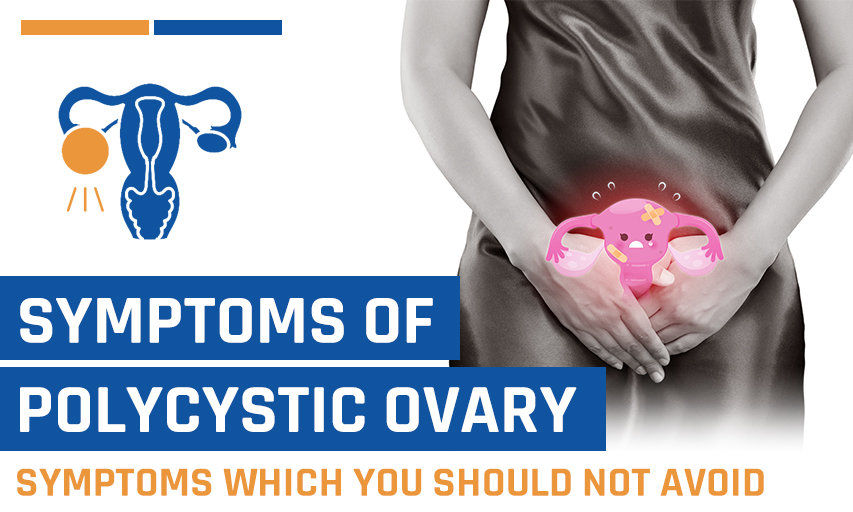
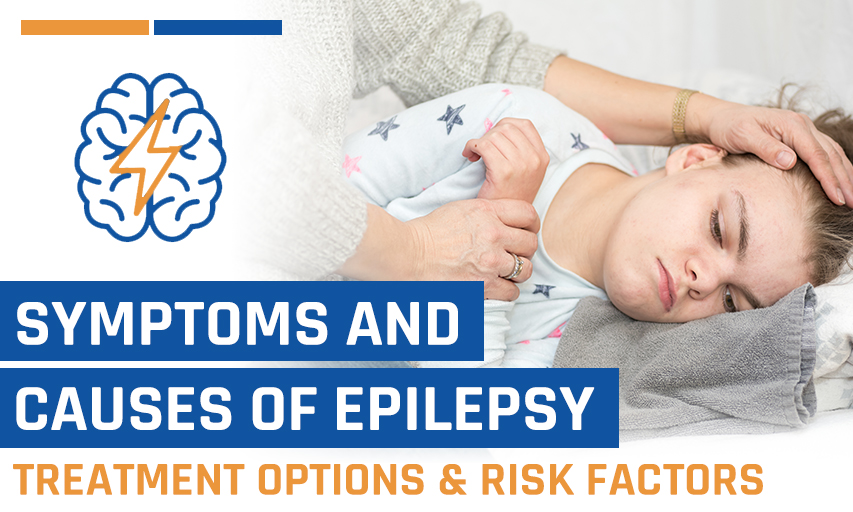
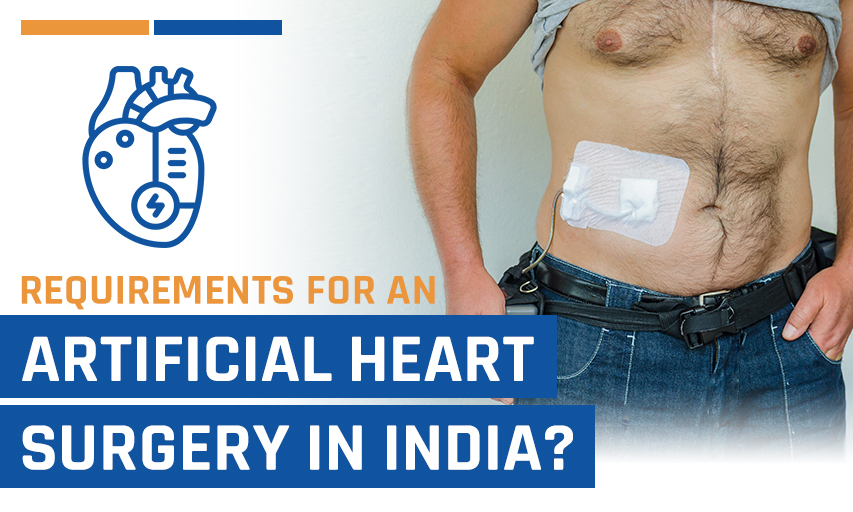
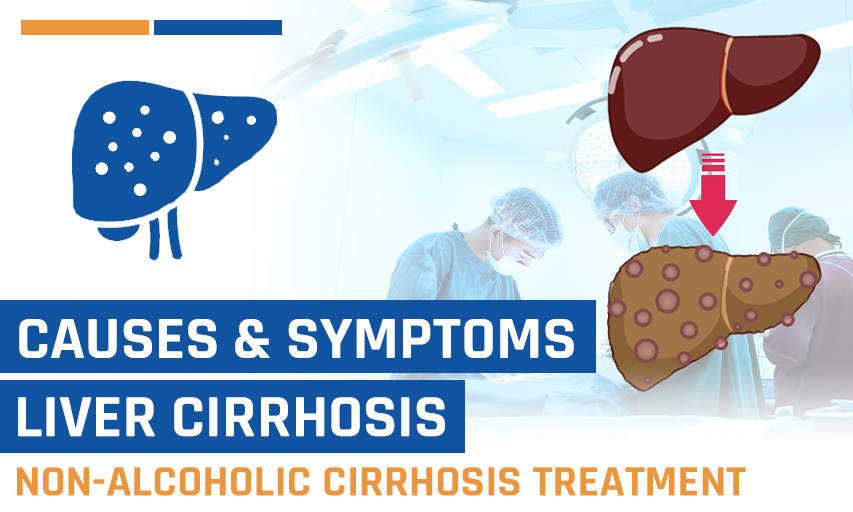
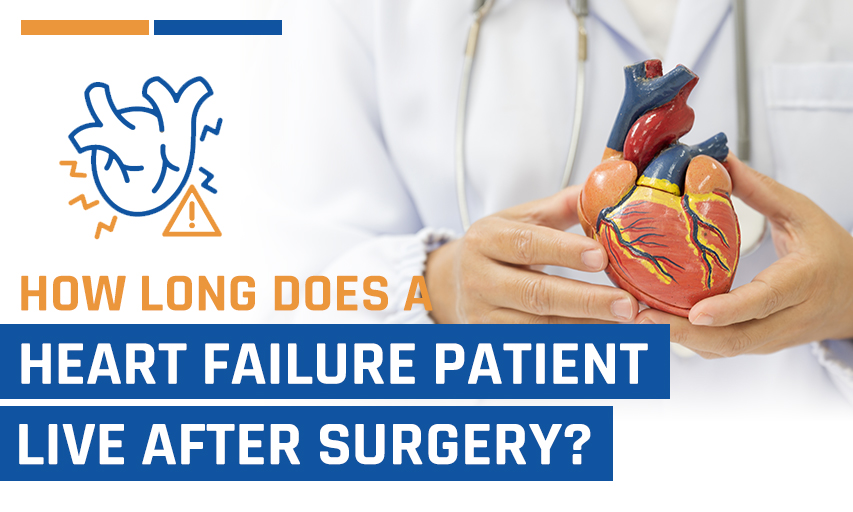


Be First To Comment
Leave a Comment